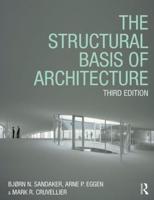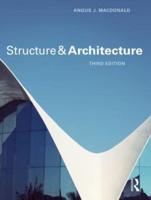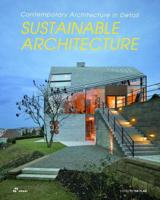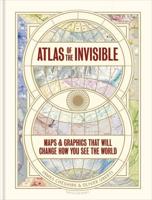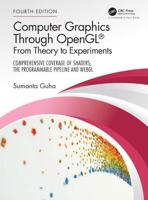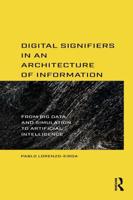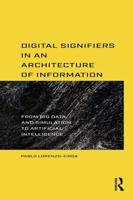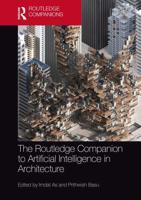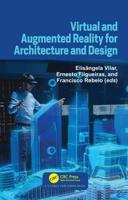Publisher's Synopsis
This book examines how contemporary urbanism is influenced by digital and low carbon transitions. From its infancy at the scale of individual buildings, a focus on 'green' agenda, energy, and resource efficiency has fostered research and policies for low carbon cities, eco-cities, and increasingly intelligent and smarter urban systems. Cities around the world are getting 'smarter' as more advanced technology is integrated into urban planning and design. People are relying more on digital and information and communication technology (ICT) in their daily lives, while cities are adopting more digital technology to monitor and gather information about people and their environment. This leads to Big Data collection, which is used to inform governance and improve urban performance. These transformations, however, raise critical questions, including whether emerging smart sustainable cities are too technocratic, but also with regard to citizen involvement. This brief addresses these important contemporary concerns through a review of literature and existing urban strategies. It should be of interest to everyone involved in advancing sustainable cities and smart cities. It should also be a relevant read for students and researchers in this area.

